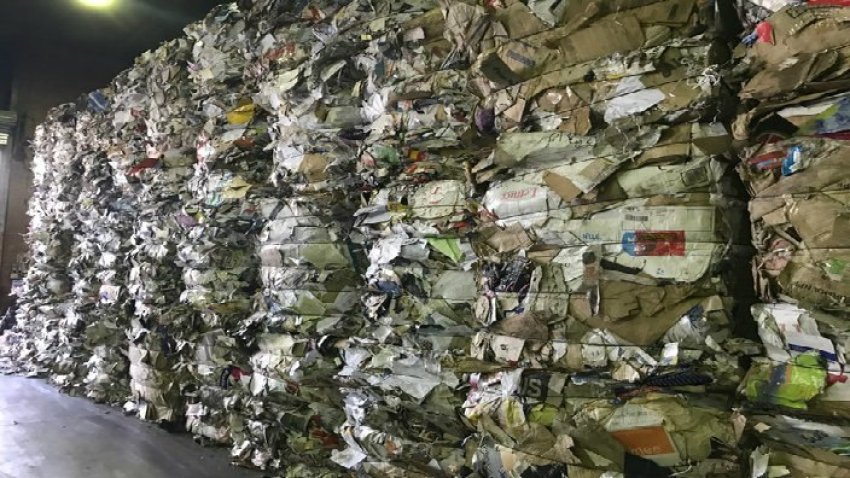
Australia’s waste disposal crisis is set to worsen with other Asian countries following in China’s footsteps and banning imports of recyclables.
In March 2017, China enforced its National Sword policy, which stipulates that recyclables entering the country must not be contaminated. Australian authorities were totally unprepared, despite being aware for more than a year that it was coming.
Recycling has been in crisis ever since. The business model had always been to outsource the dumping of toxic products to China under the cover of recycling.
The first response of Australian companies to National Sword was to ramp up exports to other Asian countries. Now, the two targeted countries, Malaysia and Vietnam are similarly stopping the dumping.
According to the trade journal Inside Waste, at least 6000 containers of scrap metal, plastic and paper have been stopped at Vietnam’s ports.
Vietnam’s Natural Resources and Environment ministry issued a statement in July saying that it needs to “prevent waste from entering Vietnam to keep the country from becoming a dumping site, affecting the environment and people’s lives”.
Vietnamese Prime Minister Nguyen Xuan Phuc has backed the policy. Vietnam will not issue new licences for waste importations and will crack down on illegal shipments.
The Malaysian government has revoked the import permits of 114 recycling works. The media has exposed the facilities’ pollution.
Malaysia’s housing and local government minister Zuraida Kamaruddin has given the factories three months to raise their operations to international standards before they can reapply for permits.
As the boltholes for Australian toxic wastes are progressively closed off we can expect increasing calls for “waste to energy” incineration facilities. Such facilities have operated in Europe for a long time.
However, they are increasingly being questioned there.
As British plastics manufacturer Dr John Williams told the recent Australasian Waste & Recycling Expo about plastics in Europe, incineration is “no longer acceptable.”
“It’s no longer okay to burn it or landfill it as people now want to further maximise the use of our resources,” Williams said. “A lot of materials are complicated, so we should be changing the materials used into something easier to deal with at its end-of-life, in terms of recycling and recovery.”
The existing system “has worked for now because everyone has made money from it — no one really cared about what happened with their waste, so they were just taken away and taken care of in the most cost-effective way that they could,” he said.